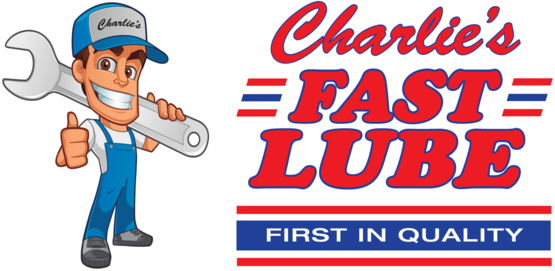Good Timing: Proper Timing Belt Replacement Saves Money for Poplar Bluff Drivers
October 7, 2018
Knowing how their engine works can help Poplar Bluff drivers make informed decisions about auto care and prevent repairs to their vehicles. This is especially true when it comes to timing belts.
An engine's power is generated in the cylinders. Inside the cylinder is a piston that moves up and down while the engine is running. Power is generated in a cycle that includes four strokes of the piston. First, the piston drops and a valve at the top of the cylinder opens to let in fuel and air. The piston then rises, which compresses the fuel and air. At this point, the spark plug fires, igniting the fuel and pushing the piston down. This downstroke transfers energy to the engine, which provides the power it needs to run. The piston rises again, and a valve opens to release the exhaust.
All of this movement is orchestrated by a timing belt. The timing belt is so named because it keeps the pistons and valves operating in synch with each other, just as a conductor keeps all of the instruments in an orchestra in time with one another. Thus, the timing belt is critical to the proper operation of your engine.
Not all vehicles in the Poplar Bluff area have timing belts. Some have timing chains. A timing chain is more durable and rarely breaks, but timing belts are cheaper, so many use them to save money.
Timing belts wear out and break, so part of preventive maintenance for Poplar Bluff drivers is to replace the timing belt on schedule.
The results of failure of a timing belt depend on the type of engine in your vehicle, but they are always inconvenient and can be very costly for Poplar Bluff auto owners. If your engine is a non-interference engine and the timing belt breaks, the engine simply stops running. Now that can be an incredibly inconvenient situation depending on where you are driving around Poplar Bluff when it breaks, but it won't cause any engine damage. On the other hand, if your vehicle has an interference engine and the timing belt breaks, the valves on your cylinders will actually fall into the path of the pistons. Then things start getting chewed up by the motion of the engine and it will cost thousands of dollars to get everything sorted out again. Compounding the problem is that there aren't any warning signs before a timing belt breaks. A visual inspection of the belt is difficult also. In some vehicles, parts of the belt may be visible, but most vehicles hide the belt under a cover.
The timing belt doesn't even have to break to cause major engine damage. If it slips, even one notch, the result could be engine damage with repair costs in the thousands of dollars.
Our only car care option is to simply replace the timing belt periodically. You can check your owner's manual to find out how often your timing belt should be replaced. Many vehicles need a replacement at 60,000 miles (100,000 kilometers), but the recommended replacement mileage could be as high as 90,000 or 100,000 miles (145,000 to 160,000 kilometers). If your owner's manual recommends replacement at 60,000 miles (100,000 kilometers), however, don't wait until 65,000 miles (105,000 kilometers) to get it done. Remember what you're risking.
Replacing a timing belt is not a cheap part of preventive maintenance for Poplar Bluff vehicle owners. The belt is usually difficult to get to and often requires removal of some of the engine accessories. The cost of the replacement, however, is a lot less than what the repairs may cost if the timing belt fails.
For more auto advice on timing belts and other engine components, you can always consult with your service advisor at Charlie's Fast Lube Poplar Bluff. When it comes to car care, ignorance is not bliss. It can end up costing you in a big way.
Charlie's Fast Lube Poplar Bluff
2020 N. Westwood Blvd
Poplar Bluff, Missouri 63901
573-686-5585
http://www.charliesfastlubepoplarbluff.com
Need Service?
More articles from Charlie's Fast Lube Poplar Bluff

Emergency! (Vehicle Emergency items)
March 9, 2025
"I never expected it could happen to me." Countless drivers have said that after they've had an emergency turn their lives upside down. So before that happens to you, let's thinking about planning ahead for an emergency with a few things you should keep in your vehicle. Road flares. If you've ev... More

It's (Not) Complicated (Engine Air Filter)
March 2, 2025
While many components of your vehicle are complex and composed of lots of mechanical and electrical parts, there's one that isn't complicated but still important. It's your engine air filter. (And, we should point out, the engine air filter isn't to be confused with the cabin air filter. The ca... More

Passing the Test (How to Prevent Emissions Test Failure)
February 23, 2025
Vehicle emission testing has become ubiquitous in North America and for a good reason. Clean air quality is important for the environment and all of us. Since vehicle emissions are among the main causes of air pollution, emission testing can alert you to problems in your vehicle than can be fix... More









